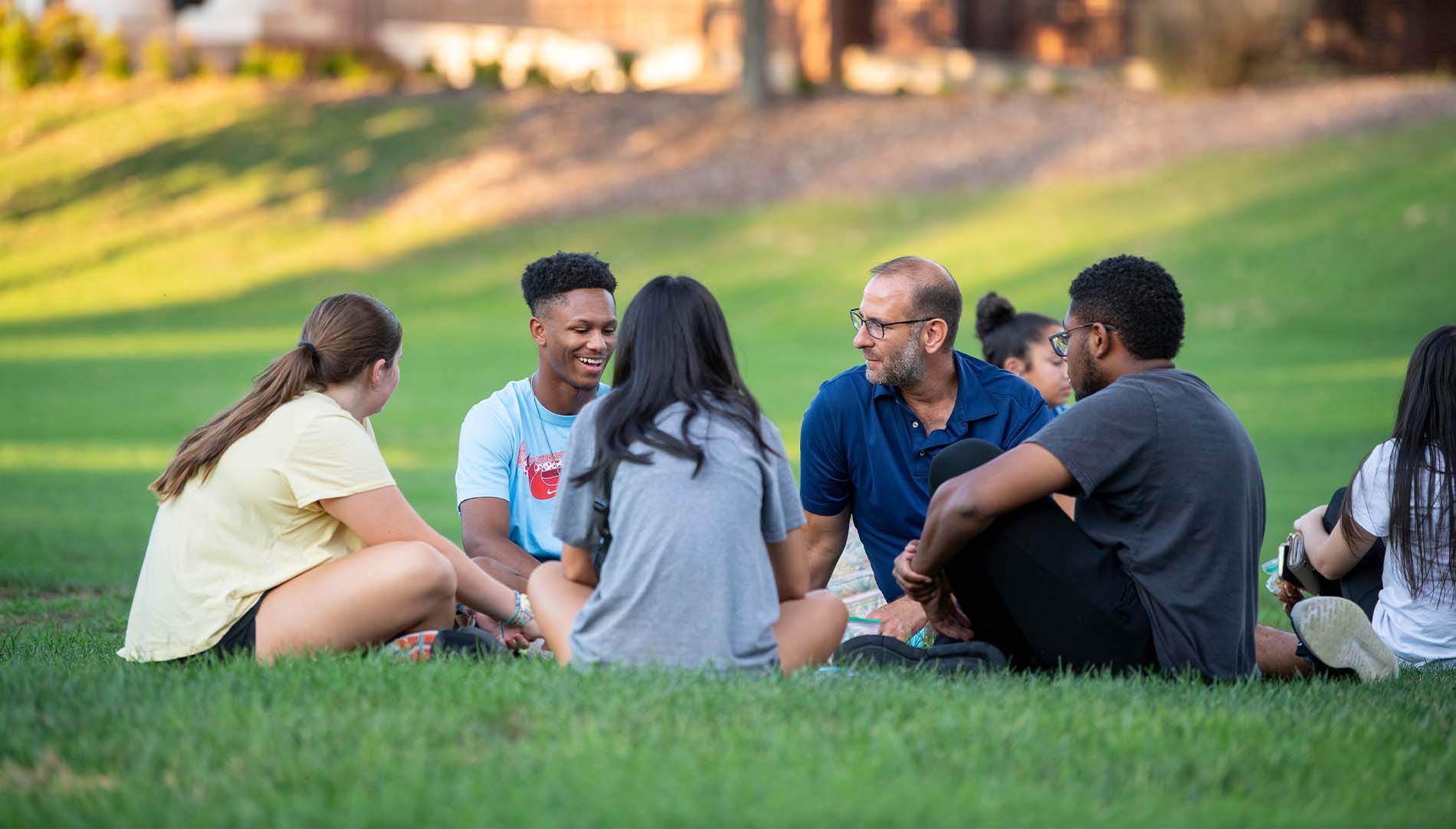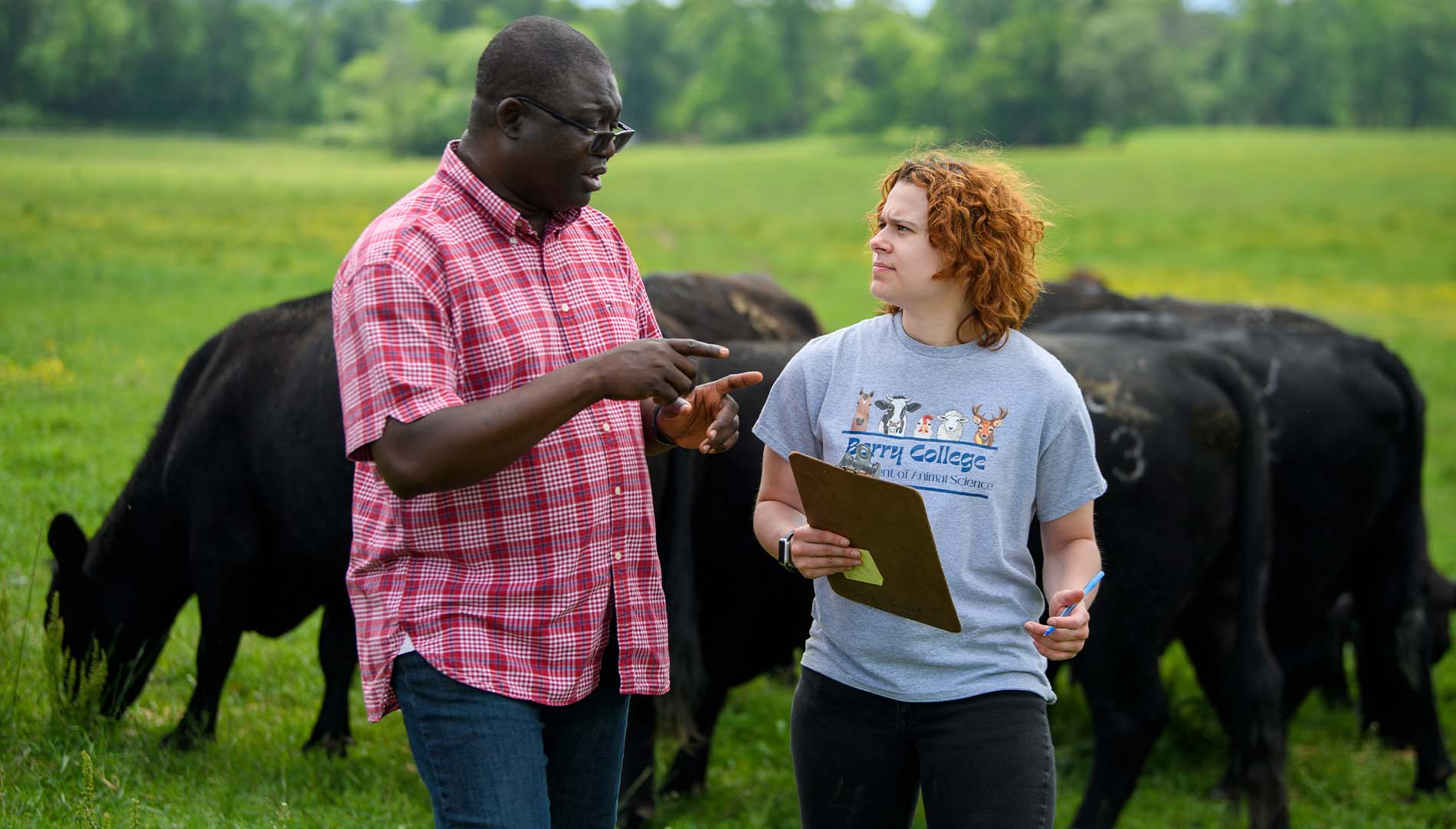You may not realize it, but religion and philosophy majors are all around you. They are not just in churches or schools. They are sitting next to you in the coffee shop and working with kids in your community. You might even be surprised that they majored in religion and philosophy. For example, John Mackey, co-CEO of Whole Foods, John Green, author and producer, and Peter Thiel, co-founder and investor of PayPal, all majored in religion and philosophy.
But what helps societies thrive is not just employees but also neighbors committed to their communities. Whether lawyers, writers, account managers or caregivers, religion and philosophy majors make good neighbors. So, what makes a religion or philosophy graduate successful? Keep reading to learn the truth about majoring in religion and philosophy.
Myth:
“Courses in religion and philosophy are focused on a bunch of old, dead guys. It’s no longer relevant.”
Reality:
Topics in the religion and philosophy classes fill news headlines and are the focus of some of the greatest debates in the U.S. and the world. These degrees are more relevant than ever.
Six months into 2025, here are a few of the hottest topics in the news:
- Religion and politics in America, from religious texts in schools to the Trump Bible
- Artificial intelligence (AI) and its ethical implications
- The conclave selecting a new pope
- Ongoing wars in Ukraine, Gaza and Syria leading to humanitarian crises
- Data privacy and national security related to TikTok
From farming philosophies to theology of the body to technological ethics, experiences in religion and philosophy equip graduates to tackle these topics head-on. Students explore queries such as: “Who are we? What is our place in the cosmos? Is faith reasonable? How do we decide what is right and wrong? Is there a God? What limits should there be on human enhancement through technology?”
The answers may be hard to pin down, but the questions are critical – and deeply informative to nearly every facet of society. Practice and exposure to solving problems or scenarios like these foster students’ abilities to reason effectively, communicate clearly, appreciate diverse perspectives and see the biggest possible picture.
Myth:
“Religion and philosophy majors don’t get jobs, and if they do, they are either in ministry or a barista role.”
Reality:
While ministry is a meaningful path for many, religion and philosophy majors pursue a wide range of careers. These fields prepare students to think critically, reason ethically and engage deeply with human values – skills that are highly valued in many professions.
Graduates with these majors often go on to law school, medical school, social work, public policy, communications, business and education. Take, for example, the renowned neurosurgeon and author Paul Kalanithi, who studied both literature and philosophy before medicine. In his memoir, When Breath Becomes Air, he wrote that philosophy played a powerful role in his approach to neurosurgery:
“While all doctors treat diseases, neurosurgeons work in the crucible of identity. Every operation on the brain is, by necessity, a manipulation of the substance of ourselves, and every conversation with a patient undergoing brain surgery cannot help but confront this fact... At those critical junctures, the question is not simply whether to live or die but what kind of life is worth living.”
In other words, many professionals beyond the ministry are called to wrestle with life’s biggest questions – questions frequently studied by these majors. Religion and philosophy graduates frequently succeed in a variety of fields because they are uniquely equipped to face difficult subjects about life head-on.
For those more concerned about the ROI (return on investment) of a religion and philosophy degree, check out these metrics on majors ranked by unemployment rates. Spoiler alert: religion and philosophy are nowhere near the top of the unemployment list.
Myth:
“Religion and philosophy is a major for abstract thinkers who just sit around and ponder all day. It’s not very practical.”
Reality:
These fields of study teach formal logic, real-world ethics and structured argumentation – skills that are foundational in law, tech ethics, policy and business. This area of study is for practical change-makers.
Berry College religion alum Mallory Ellington ’16 has consistently been a mentor, writer and educator in the landscape of youth and emerging adults since graduation. Although she is a deep thinker, she has also been putting her major to use in very real-world scenarios.
Today, she still writes for several publications and oversees the curriculum and educational department at the Walker State Prison facility in Georgia where she was recently named Teacher of the Year. There, she teaches literacy reading remediation, adult basic education and GED prep as well as testing students and overseeing education aides who also facilitate classes.
“Over the years, I have made jokes about how I am a religion major turned educator in a prison. On paper, some may not think it makes sense, but in practice and lived experience, I see clearly how I was led here. My awareness of other religions and cultures and a deep desire to understand the person sitting across from me has radically shifted the classroom environment at my facility. I feel as though I have given these people pieces of their humanity and dignity back because I dared to think outside the box, to analyze all that was around me, to educate and serve well. Studying religion has shaped me, my classroom and all those who enter it on some level,” says Ellington.
Ellington likely benefited from Berry College’s unique learning environment in the department of religion and philosophy. One of its distinctives is the way the faculty have nurtured a learning environment that is both Christian and comparative in its curriculum structure. More typically, colleges separate conversations about faith and philosophy, while at Berry, there is more opportunity to consider the intersection of religion and philosophy without being too religious or not religious enough.
Religion and philosophy might surprise you
Jonathan Parker, department chair and associate professor of religion and philosophy, offers this advice to advisees: “It may not be obvious where to get a job, but there are roles for you that are out there. They are less obvious because they are everywhere, making a difference in ways no one sees.
“First, ask yourself the hard question, ‘What am I called to do? Where can I take what I care about and help make a difference for others?’ Then, find out who you know or can get to know who is working in that area. Meet them and bring your whole self and everything you have learned in your degree to that work. When they see your willingness and knowledge in action, a self-sustaining role in that work almost always follows.”
Parker adds, “The world needs religion and philosophy majors to bring the right questions and perspective to the table, especially on the tough issues of our day.”
Parker notes that Berry College religion and philosophy alums are working in all sorts of unique places, making a difference. One alumna works with people who are deaf and blind. Another is helping women and children caught in sex trafficking in Europe, and these are just to name a few. Religion and philosophy majors, he says, can be found bravely engaging where others may shrink or turn away.
In a world increasingly shaped by rapid technological change, global conflict and uncertainty, the questions at the heart of religion and philosophy are not just relevant – they are essential. These fields of study do more than prepare students for a job; they prepare graduates for a lifetime of thoughtful engagement with the world.
Don’t write off a religion and philosophy major. Whether you are drawn to the big questions of existence, the ethical dilemmas of AI or the cultural forces shaping societies today, a degree in religion or philosophy offers perspective, purpose and the critical thinking tools to lead with integrity.



